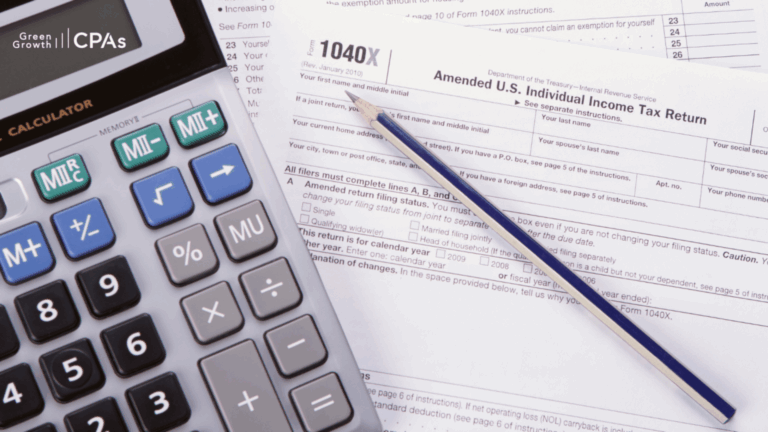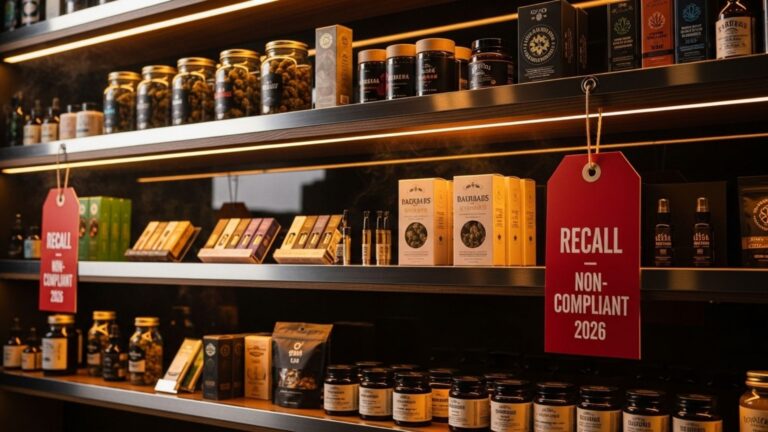Securing a Minnesota dispensary location is one of the biggest decisions an operator will face. But here’s the real question: should you buy the building or lease it?
It’s not just about cash flow. It’s about ROI, control, and the type of cannabis business you want to build. Let’s walk through the key financial and operational trade-offs—so you can make the decision that supports your long-term goals.
What Are the Pros and Cons of Buying a Minnesota Dispensary Location?
Advantages of Buying:
- Asset ownership: Property becomes a long-term investment, adding equity to your balance sheet.
- Cost certainty: Fixed mortgage payments protect you from rising rent.
- Control: Renovate, brand, or expand as needed without landlord approval.
- Resale or refinance value: A property can be sold or refinanced to support expansion.
Challenges of Buying:
- High upfront capital: Down payments (20% or more) tie up liquidity.
- Limited flexibility: Exiting or relocating becomes more complex.
- Cannabis stigma: Finding lenders and insurance can be harder for plant-touching real estate.
What Are the Pros and Cons of Leasing a Minnesota Dispensary Location?
Advantages of Leasing:
- Lower initial costs: Free up capital for licensing, inventory, and operations.
- Flexibility: Easier to relocate or exit if the market shifts.
- Speed to market: Leased spaces are often turnkey or faster to build out.
Challenges of Leasing:
- Rent volatility: Lease rates may increase over time or at renewal.
- Less control: Landlord rules can restrict branding, hours, or renovations.
- No equity build-up: Monthly payments don’t create long-term value.
How Does This Decision Impact ROI?
At the end of the day, Minnesota dispensary operators need to ask: which option supports stronger returns?
Buying: Higher upfront costs but potential for stronger ROI over time—especially if property values rise or you lease back to your own company under a multi-entity structure.
Leasing: Lower startup costs and faster launch, which can improve short-term cash flow and allow for faster break-even. But you’re building someone else’s equity, not your own.
Use internal rate of return (IRR) or payback period analysis to model both scenarios based on:
- Monthly operating costs
- Rent or mortgage rates
- Timeline to break-even
- Property appreciation (if buying)
- Exit strategy
What Do Lenders and Investors Prefer?
Investors want to see that capital is being deployed strategically.
In early-stage cannabis markets like Minnesota, many lenders prefer:
- Leasing for speed and capital efficiency
- Buying only if the real estate is part of a long-term strategy
Tip: Some operators create a real estate holding company and lease the property to their licensed entity. This can create tax efficiencies and preserve property value even if the dispensary is sold.
Are There Regulatory or Zoning Issues to Consider?
Absolutely. Whether you lease or buy, zoning and compliance are non-negotiable.
- Check city and county ordinances for Minnesota dispensary location zoning.
- Make sure lease agreements don’t limit your ability to operate a cannabis business.
- If buying, conduct enhanced due diligence—ensure no hidden restrictions or rezoning risks.
For the latest, refer to the Minnesota Office of Cannabis Management and consult with a local compliance attorney.
Key Takeaways
- Buying = control, long-term ROI, but higher upfront capital
- Leasing = flexibility, speed, lower startup costs
- Choose based on your business model, growth plans, and cash flow
- Consider a multi-entity structure for added flexibility
- Always evaluate zoning, compliance, and local restrictions for your Minnesota dispensary location
Make the Real Estate Decision That Matches Your Business Strategy
There’s no one-size-fits-all answer. But there is a smart answer for your operation.
Whether you lease or buy, the key is understanding how that decision fits your broader business model, risk profile, and ROI goals.
Want help modeling the financial impact of both options? Our team works with Minnesota cannabis operators to run the numbers and structure deals that make sense—now and in the long run.
Reach out for a strategy session. Let’s build something sustainable.




